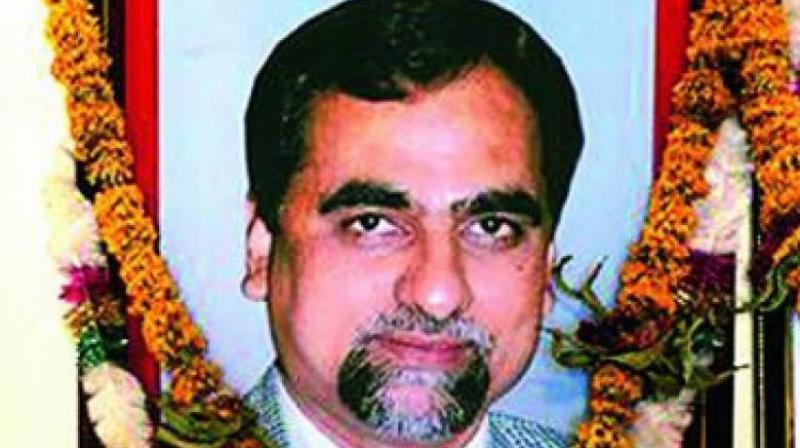Judiciary rift: Loya case was trigger
What the top four judges found worrisome was the manner in which some critical cases were being allocated to selective benches.

New Delhi: The stunning mutiny against Chief Justice of India Dipak Misra has yet again given rise the perception of “excess government interference” in the judiciary.
The government decided to maintain a stoic silence to four senior judges of the Supreme Court mounting a virtual revolt against the Chief Justice of India and cautioning that what was happening in the judiciary could “destroy Indian democracy.”
The judiciary and the government had crossed swords when the then CJI, T.S. Thakur accused the Centre of stalling appointment of judges to the High Courts.
What the top four judges found worrisome was the manner in which some critical cases were being allocated to selective benches.
“There have been instances where cases having far- reaching consequences for the nation and the institution have been assigned by the Chief Justice of this court selectively to the benches ‘of their preference’ without any rationale basis for such assignment,” the judges said.
The sudden death of Mumbai CBI special court judge, B.H. Loya who was handling the case against BJP president Amit Shah in the Sohrabuddin Sheikh fake enco-unter case, was raised by the rebel judges. The SC began hearing a petition on Friday with the same subject matter as the Mumbai High Court. The apex court overrode all objections.
The Opposition, without accusing the CJI, said “this was due to government interference.”
Both Congress, NDA had run-ins
In 2016, controversy had erupted when the government had returned 43 out of 77 names recommended by the Supreme Court collegium for the appointment of judges in High Courts.
There were allegations on how the Congress in the 1970s and 1980s tried to subvert the independence of the judiciary by controlling appointment and transfers of judges. The Opposition at that juncture had accused the Congress of launching an assault on the independence of judiciary. One can recall the the mass transfer of 16 high court judges during Emergency in 1976.
Immediately after the NDA government came to power in 2014 a controversy erupted when senior lawyer Gopal Subramanium’s appointment as a Supreme Court judge was allegedly scuttled. Though the collegium had the power of re-nominating Mr Subramanium, in which case the government was bound to accept it, he withdrew his consent, citing government’s malafide intent.
A note caution sounded by the four judges was, “Four of us have been telling the CJI Dipak Misra to correct his ways for the sake of the institution. We have spotted things in the last few months. Tried to intervene but to no avail. 20 years from now, nation should not say we sold our souls.”

